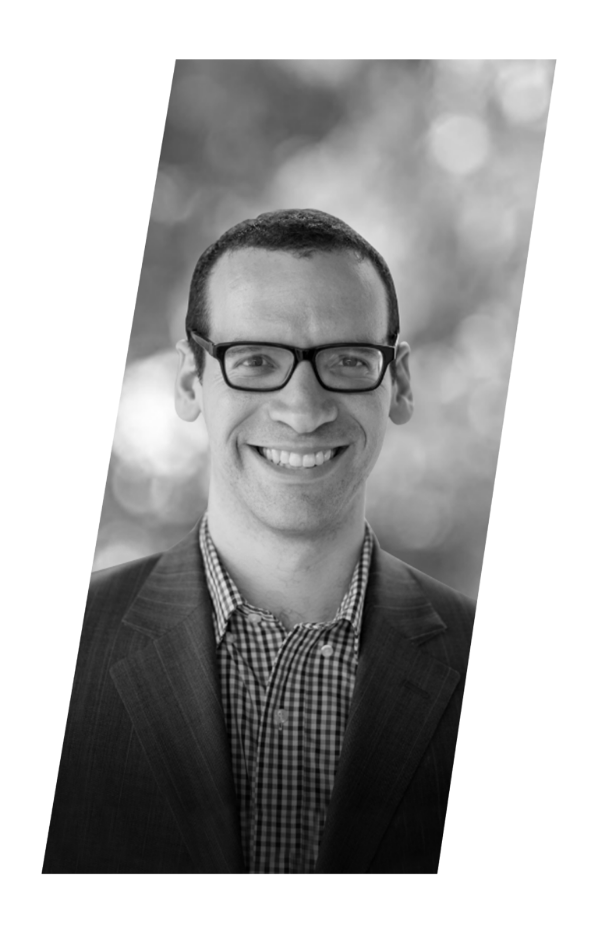BIO
About Me

Knowledge is power. Let’s use it for good.
Ian David Moss helps people make smarter decisions to make the world a better place. He works with philanthropists, public servants, and other civic leaders to design programs that better the lives of constituents and embed learning and continuous improvement into organizational culture. All told, his work has guided the distribution of more than $200 million in grants and spending to improve people’s lives around the world.
Ian specializes in making knowledge come alive in the decision-making process, offering services such as landscape analysis, cost-benefit modeling, evaluation frameworks, and learning agendas. He has helped institutions such as Omidyar Network, Democracy Fund, and the International Rescue Committee develop systems and habits to support smart decision-making, strategic learning, and risk management across their organizations. His writing on decision science helped spur the Walton Family Foundation’s decision to tie the work of its Strategic Learning and Evaluation Department more closely to the foundation’s most important decisions, and Ian subsequently supported those efforts. Combining elements from many different disciplines, he has developed a scalable methodology for quickly yet rigorously resolving real-life decision dilemmas faced by clients.
Ian is also one of the social sector’s leading practitioners of theory of change. He co-created the William and Flora Hewlett Foundation’s first-ever logic model for the performing arts and helped the American Civil Liberties Union redesign the strategy and mechanisms it uses to regrant more than $20 million a year to 54 affiliate chapters across the United States. Ian has developed theories of change for numerous other entities including the State Government of Victoria (Australia), the Doris Duke Charitable Foundation, City of Boston, Bonfils-Stanton Foundation, and his own projects.
Prior to launching his consulting practice, Ian was a senior executive for more than seven years at a nonprofit technology company offering business and productivity tools to more than 1.2 million creative entrepreneurs in the United States, Canada, and beyond. During that time, he oversaw the staffwide rollout of the Objectives & Key Results (OKR) performance management framework, designed and implemented a $3 million civic data initiative, and served on the inaugural investment committee for the organization’s in-house venture fund. Ian was also founder and CEO of Createquity, a think tank investigating the most important issues in the arts and what we can do about them that won international acclaim for its ability to distill research insights for a broad and nontechnical audience. Ian is a serial social entrepreneur whose other successful ventures include a political giving circle that helped direct more than $1.5 million and 1000 volunteer hours in the 2020 election cycle; an open resource-sharing forum for self-identified cultural researchers that serves nearly a thousand members worldwide; and a performing ensemble whose innovative model has inspired spinoff organizations in three different cities and a published doctoral dissertation. He holds BA and MBA degrees from Yale University and is based in New York.